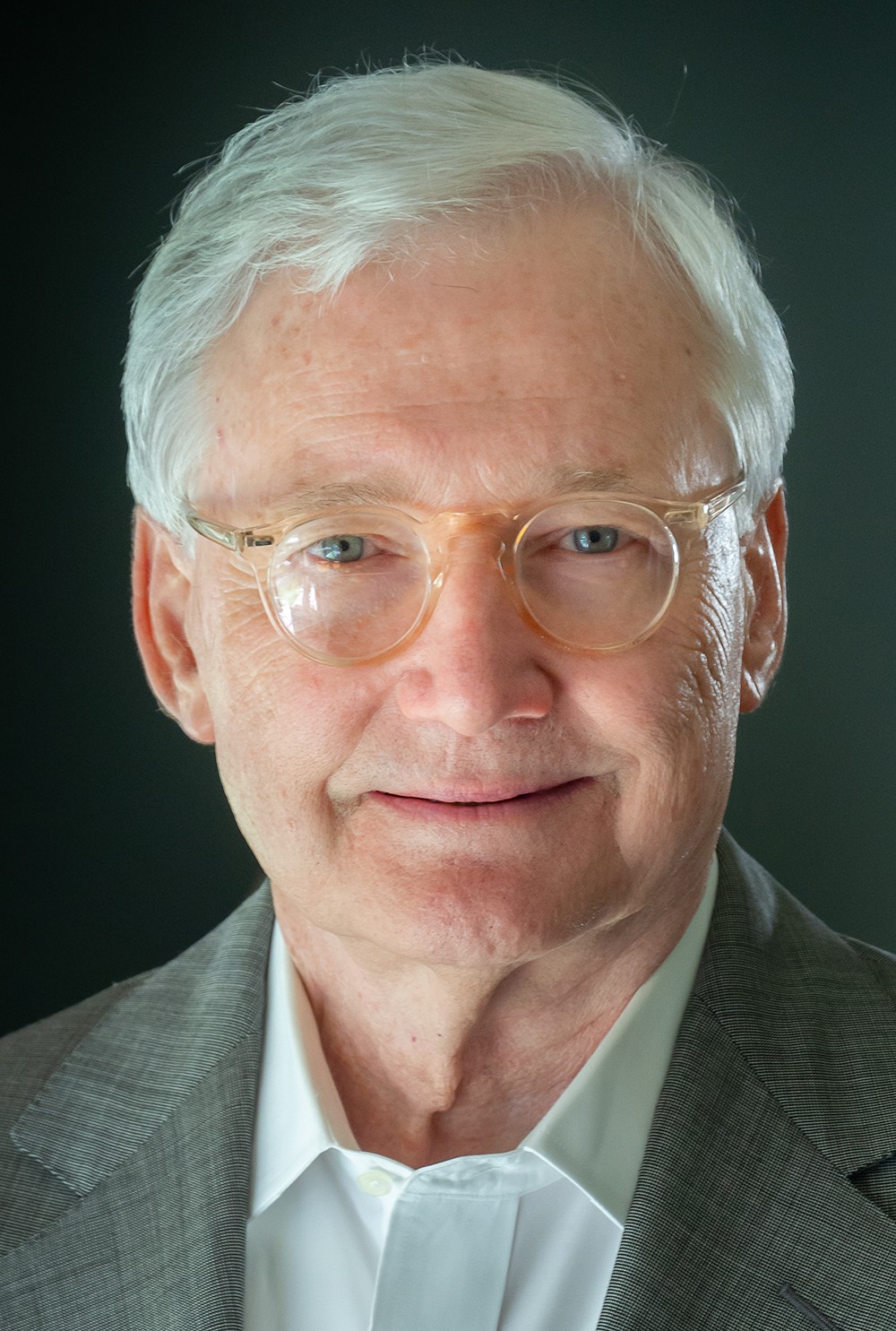I seem to have a larger list of enemies these days, those I find it harder to love and bless.
But Jesus is insistent about how we relate to our enemies: “You have heard it was said ‘You shall love your neighbor and hate your enemy.’ But I say to you, love your enemies and pray for those who persecute you.”

Stephen Shoemaker
And Paul, listening to Jesus, tells us the character of such prayers — not “knock some sense into him” but prayers to bless: “Bless those who persecute you and do not curse them.”
Bless them?!
I’ve led prayers for our enemies in church, but I don’t think I’ve ever asked God to bless them in church. Maybe such a spiritual exercise in and out of church would help the condition of my soul.
“My enemies list has grown exponentially. It is not good for my soul.”
Karl Barth once defined one’s enemy as anyone who tempts us to return evil for evil. That’s a pretty familiar enemy; I meet them every day, even across the dinner table or in the next pew at church. But now with the constant 24/7 news, my enemies list has grown exponentially. It is not good for my soul.
So I need a little help with how to love and bless my enemies, and here comes the Buddha to help. It all starts with self-compassion, or “maître,” where we practice lovingkindness toward ourselves. Then we begin to expand that lovingkindness toward others.
The practice is what Burmese Buddhists call “metta.” We send out goodwill, first to ourselves, then to others, first to those we love, then to our acquaintances, then to the neutral persons in our lives, then to the people who “get on our final nerve,” as they say in the South, then to all beings.
For those we don’t like we pray, to use the words of Buddhist nun Pema Chodron, “May this person who is driving me crazy enjoy happiness and be free of suffering.”
In the daily practice of metta we repeat four phrases for ourselves first, then to the larger circles of loved ones, acquaintances, neutral people, enemy-types and then to all beings:
May I be free from danger.
May I be free from mental suffering.
May I be free from physical suffering.
May I have the ease of wellbeing.
I think Jesus had something like this in mind when he gave us this instruction in the Sermon on the Mount. I have tried it lately, and it seems to be working. The lines of W.H. Auden strike home:
O stand, at the window
As the tears scald and start.
You shall love your crooked neighbor
With your crooked heart .
It all begins with God blessing our crooked little hearts.
Stephen Shoemaker serves as pastor of Grace Baptist Church in Statesville, N.C. He served previously as pastor of Myers Park Baptist in Charlotte, N.C.; Broadway Baptist in Fort Worth, Texas, and Crescent Hill Baptist in Louisville, Ky.
Related articles:
A real-life story of the power of kindness to overcome differences | Opinion by Rob Sellers
‘What can we forgive?’: An interview with Matthew Ichihashi Potts on Forgiveness | Opinion by Greg Garrett

